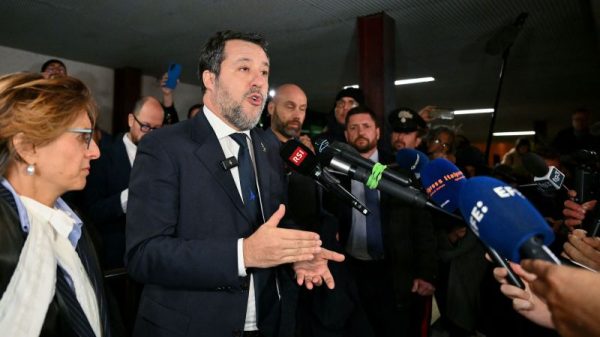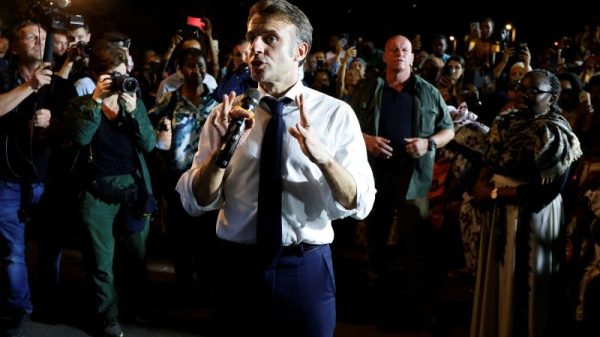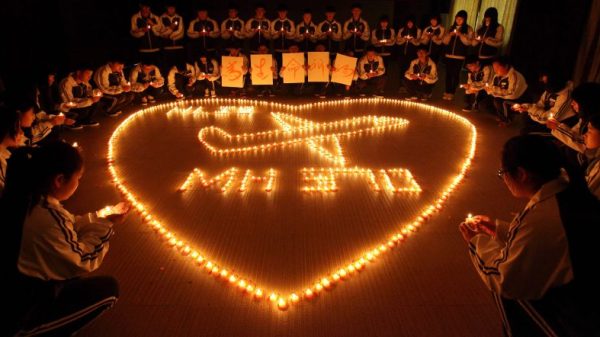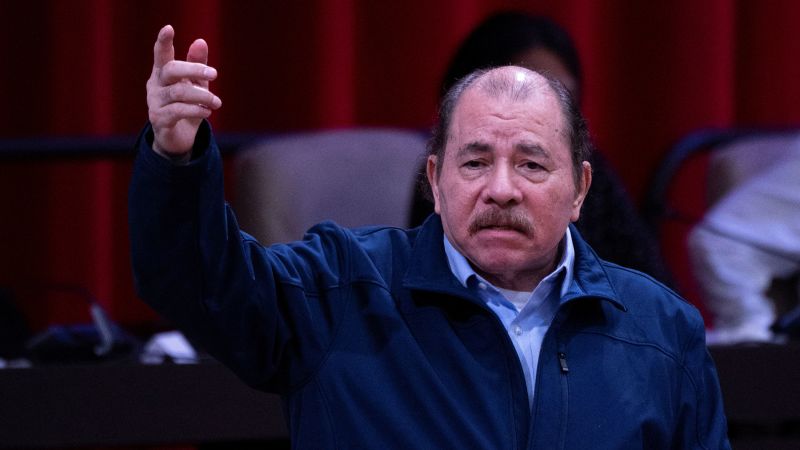The Nicaraguan parliament, dominated by the ruling Sandinista Front, on Friday approved a constitutional reform that hands more power to President Daniel Ortega as well as the Central American nation’s police and military.
The reform increases the president’s control over the media, extends the presidential term to six years from five, and changes the roles of vice president and president to those of “co-presidents.”
Vice President Rosario Murillo, who is Ortega’s wife, will now become his co-president. The two have been married since 2005 and she was made vice president in 2017.
Ortega has cracked down on dissent over recent years. More than 200 political prisoners were freed early last year and expelled to the United States, including five former presidential hopefuls who had been jailed after seeking to challenge the increasingly authoritarian Ortega in a 2021 election.
Under the new reform, the co-presidents will have control over the legislature, judiciary and electoral, public administration, and oversight bodies as well as autonomous entities.
It also mandates that the state will ensure media are not “subject to foreign interests and do not spread false news.”
The reform must pass a second legislative vote next year before becoming law.
Government critics have said the reforms legalize the “absolute power” already exercised for years by Ortega and Murillo.
The Organization of American States, a regional diplomatic body, has said that through Ortega and Murillo intend to “increase their absolute control of the state and maintain their position in power.”
The reform, which 79-year-old Ortega sent to Congress on Tuesday “as a matter of urgency,” was approved unanimously by 91 lawmakers.
The head of the legislature, Gustavo Porras, confirmed during Friday’s session that the reform would be voted on and approved for a second time on January 10, following Nicaraguan law that says constitutional changes must be approved in two legislative periods.
Porras brushed off criticisms of the reform, calling them “a stupid way of carrying out opposition.”
UN High Commissioner for Human Rights Volker Turk said the changes marked a concerning further erosion of checks and balances on executive power.
“If adopted, these changes will sound the death knell for fundamental freedoms and rule of law in Nicaragua,” he said in a statement.



























